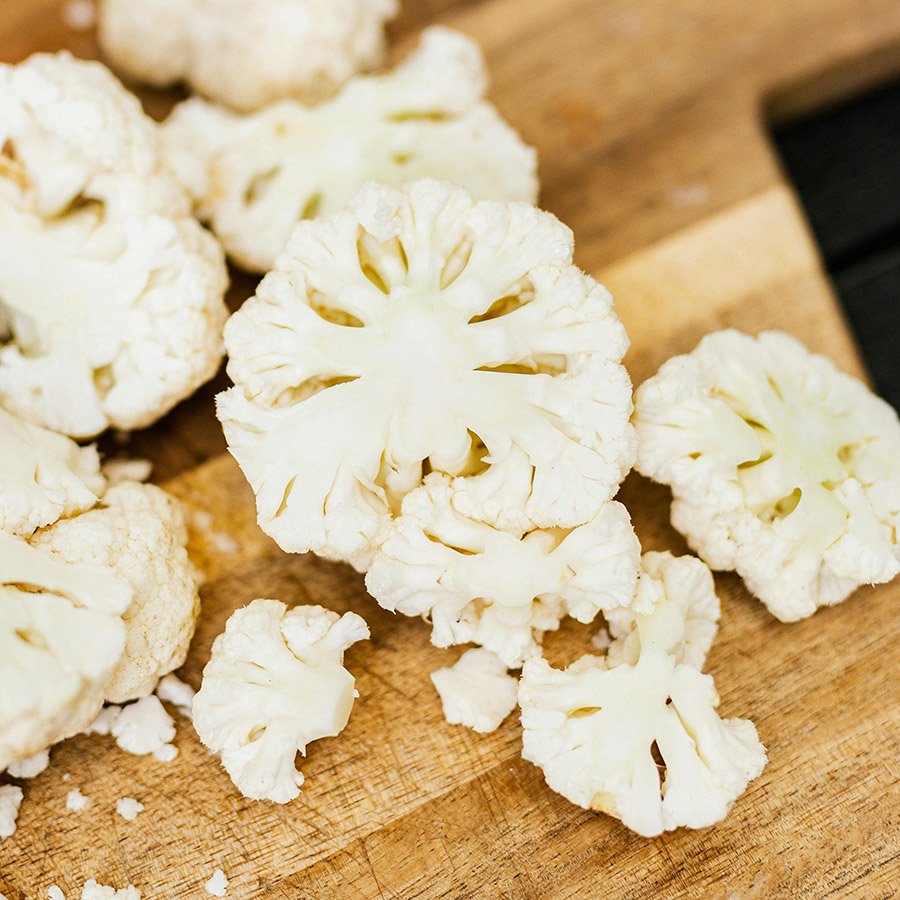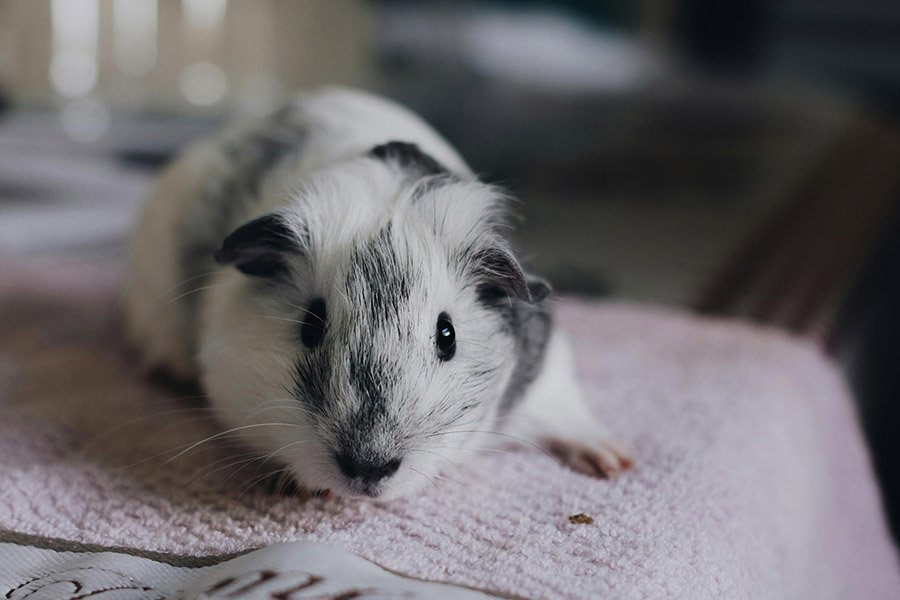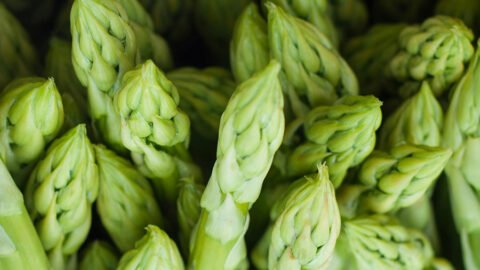Cauliflower is a versatile and nutritious vegetable enjoyed by many, but as a guinea pig owner, you might wonder if it’s safe to share this veggie with your furry friend. The answer is yes—guinea pigs can eat cauliflower, but it should be given in moderation.
While cauliflower offers some health benefits, it also carries potential risks that need to be managed carefully. This article will guide you through the benefits, risks, and best practices for feeding cauliflower to your guinea pig.
Nutritional Benefits of Cauliflower for Guinea Pigs
Cauliflower can be a healthy addition to your guinea pig’s diet due to its rich nutritional profile. One of the most significant benefits is its Vitamin C content. Guinea pigs, like humans, cannot produce their own Vitamin C, making it essential to provide it through their diet.
Cauliflower is a good source of Vitamin C, which helps prevent scurvy—a common disease in guinea pigs characterized by lethargy, swollen joints, and a rough coat.
In addition to Vitamin C, cauliflower is high in fiber, which is crucial for maintaining a healthy digestive system in guinea pigs. Fiber aids in digestion and helps prevent constipation, ensuring that your guinea pig’s gut remains in good working order. Cauliflower also provides other essential nutrients, including potassium and magnesium, which support overall health and well-being.

Potential Risks of Feeding Cauliflower to Guinea Pigs
While cauliflower has its benefits, it’s also important to be aware of the potential risks associated with feeding it to guinea pigs. One of the primary concerns is that cauliflower is a cruciferous vegetable, which can produce gas and lead to bloating. Guinea pigs have sensitive digestive systems, and too much cauliflower can cause discomfort, leading to issues such as diarrhea and dehydration if not monitored carefully.
Another risk is related to the calcium content found in cauliflower, particularly in the leaves. While calcium is necessary for strong bones and teeth, guinea pigs have an unusual calcium metabolism, meaning they absorb all the calcium in their diet, whether they need it or not.
Excess calcium must be excreted through the urinary system, which can increase the risk of developing bladder stones—a painful and potentially serious condition that may require veterinary intervention.
Additionally, cauliflower, like many other vegetables, can be treated with pesticides. To prevent any harmful effects from pesticide residues, it’s crucial to thoroughly wash cauliflower before feeding it to your guinea pig.
How to Safely Feed Cauliflower to Guinea Pigs
To safely include cauliflower in your guinea pig’s diet, follow these guidelines:
Preparation Tips
Begin by selecting fresh, organic cauliflower if possible, to minimize exposure to pesticides. Thoroughly wash the cauliflower under cool running water to remove any remaining residues. Cut the cauliflower into small, manageable pieces to make it easier for your guinea pig to eat and digest.
Cauliflower should always be served raw, as cooking it can reduce its nutritional value and make it harder for guinea pigs to digest.
Serving Size and Frequency
Start by offering a small portion of cauliflower, such as a small floret or a couple of leaves. Feed cauliflower to your guinea pig once or twice a week, but no more frequently, to prevent digestive issues.
Monitor your guinea pig for any signs of discomfort, such as bloating or changes in stool, and adjust the serving size or frequency accordingly.

Can Guinea Pigs Eat All Parts of the Cauliflower?
Guinea pigs can eat most parts of the cauliflower, including the florets, leaves, and stems. However, the stalks should be given sparingly, if at all, as they can be tough and difficult for guinea pigs to digest.
The florets and leaves are more palatable and easier for guinea pigs to consume, providing them with the necessary nutrients without the risk of digestive upset.
Conclusion
Cauliflower can be a nutritious and enjoyable addition to your guinea pig’s diet when offered in moderation. It provides essential vitamins like Vitamin C and fiber that contribute to your pet’s overall health. However, it’s important to be mindful of the potential risks, including gas, bloating, and the possibility of bladder stones from excessive calcium intake.
By following proper preparation and feeding guidelines, you can safely introduce cauliflower to your guinea pig’s diet and enjoy the benefits of this versatile vegetable. Remember to always observe your guinea pig after introducing new foods to ensure they remain healthy and comfortable.








